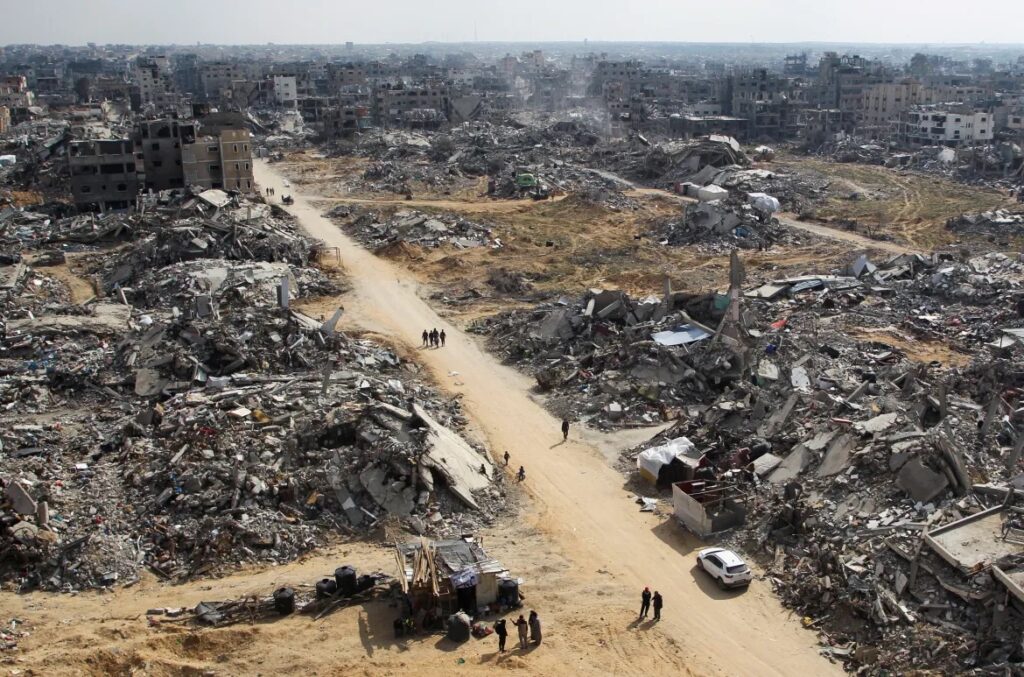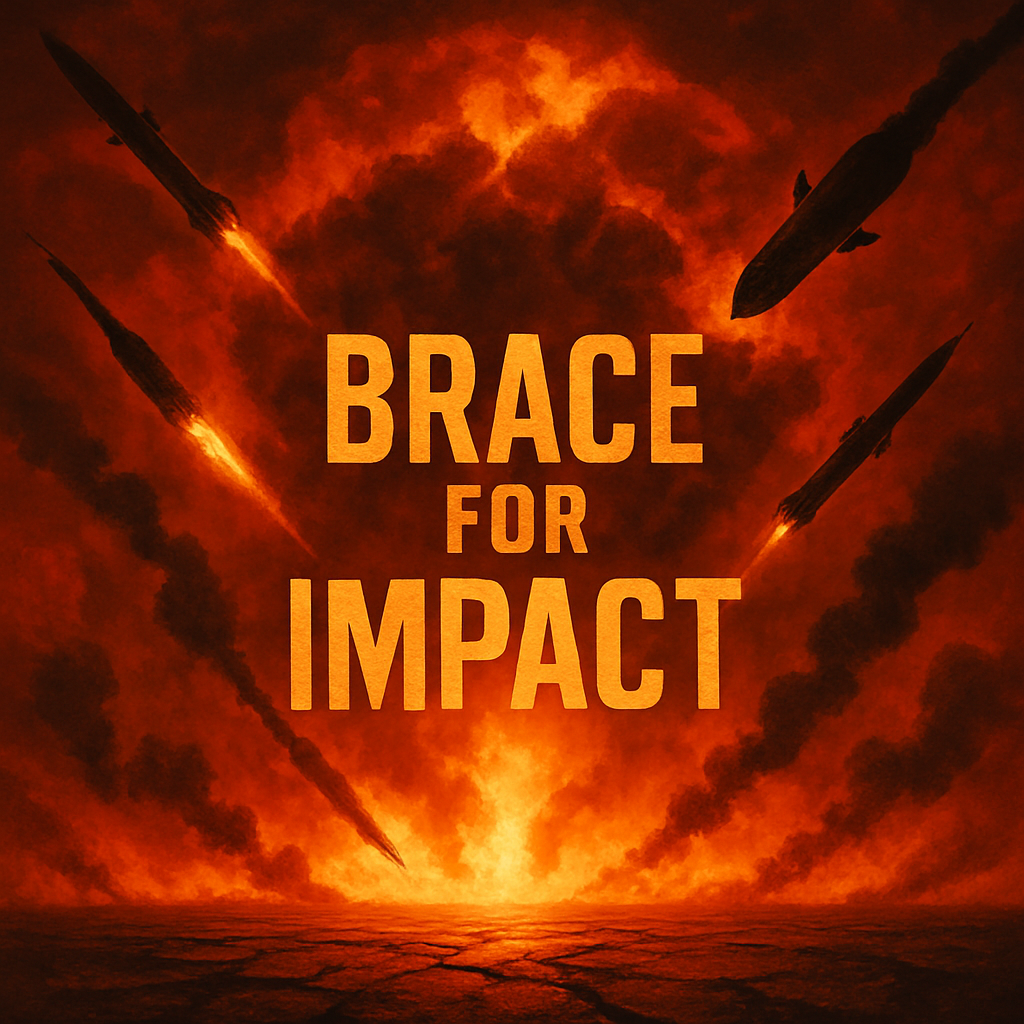Scrolling through the news has always been a dispiriting ritual — yet we are helplessly drawn to it, addicted to the very dread we wish to avoid. Peace is unraveling, and human civilization seems increasingly incapable of resolving its fractures through dialogue.

Hope is retreating at an unprecedented pace. Confidence crumbles like autumn leaves, dry and directionless. We are accelerating toward an uncertain Armageddon.
The serenity of Epicurus is in full retreat, overwhelmed by the torment of Schopenhauer. Everywhere, we are cautioned to brace for impact — not just physically, but emotionally, philosophically. The divisive nature of world affairs is fast-tracking toward an eruption of violence. Though it appears in scattered flashes, its full force lurks just beneath the surface — threatening to thrust the future of humanity into shadow and chaos.
This unraveling is not theoretical. It’s unfolding in real time, across continents and conflicts. From the collapse of the Iranian nuclear talks to the unprecedented escalation in the Russia-Ukraine war, from the threatening posture of Narendra Modi to the genocidal harangue of Netanyahu — peace is becoming increasingly elusive, fragile, and fraught.
Governments around the world are exponentially increasing their military budgets, pouring billions into the acquisition of weapons. The global arms race is no longer a silent signal — it’s a screaming omen. Not of a war already waged, but of wars yet to erupt, whose violence can be sensed like thunder before a storm.
The Doomsday Clock is winding forward, its ticking unmistakable — and yet, we dwell in a delusional chamber of false security, as if insulated from the very chaos we’ve set in motion.
The dangerous flirtation with violence, disguised as restraint by so-called rational actors, is increasingly justified by a benign illusion: that conflict and peace can coexist — as long as we avoid deploying ground troops. This strategic detachment rests on two false assumptions. First, that modern warfare can be geographically contained. Second, that proximity does not entail vulnerability. Both notions are on the verge of collapse.
A growing number of states — particularly their diplomatic elites — have normalized neutrality as a default posture, rationalizing that if war isn’t spilling onto your soil, it isn’t your war. This moral evasion is not just shortsighted; it’s complicit.
Meanwhile, the failure of international institutions to prevent or resolve conflicts — and in many cases, even to condemn belligerent behavior — has shredded their credibility beyond repair. They no longer serve as arbiters of peace, but as spectators in an increasingly volatile arena.
The magnificent delusion of aggressor states — most notably Israel in Gaza and more broadly across the Middle East — is the belief that their indifference to global public opinion grants them a blank cheque: to strike anyone, anywhere, by any means. But this illusion of impunity is brittle. It rests on a profound ignorance of history — the kind that forgets empires crumble not only under the weight of resistance, but also from the decay of their own moral rot.
When those at the helm respond with indifference to the subtle tidings of the present, the wrath of the future becomes not just possible — but inevitable. Are we already in the midst of a world war? Perhaps only posterity can answer that with clarity. But in an age where business as usual continues despite unraveling realities, the only honest call left is to prepare for collision.
The hope of finding resonance — of such warnings piercing the airwaves and timelines — is faint, but urgently necessary. Dialogue must prevail over destruction. The differences tearing us apart must be resolved with reason — before humanity ends up writing its own obituary.
Albert Camus once wrote that “the only way to deal with an unfree world is to become so absolutely free that your very existence is an act of rebellion.” In a time where silence is complicity and indifference is fatal, reason, empathy, and moral clarity must become our rebellion.
Because if these conflicts turn nuclear, let’s be honest: we won’t be the ones writing it. The chatbots will.
Ertaan Siddiqui
“The writer is a regular columnist on social issues and can be reached at seer42.blog or via email at furian240@gmail.com.”

